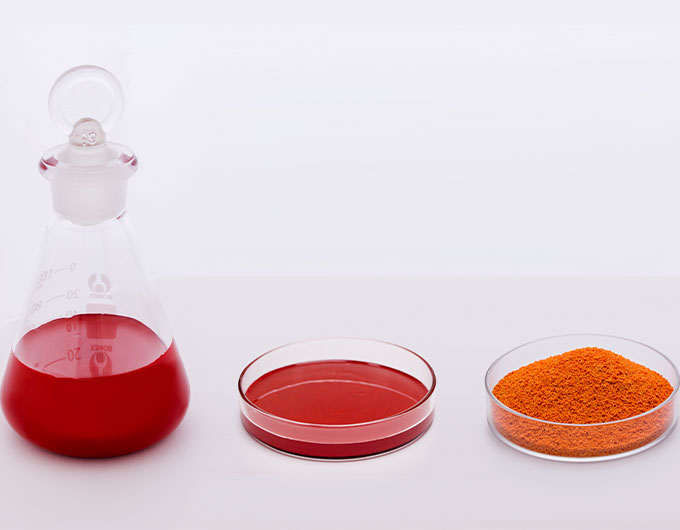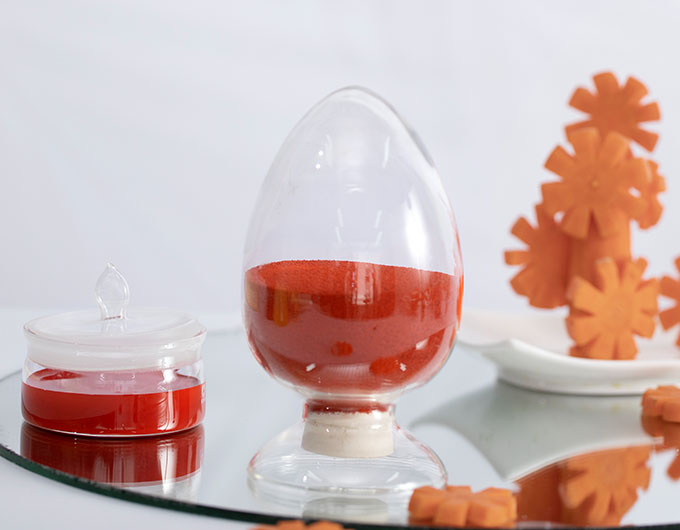CABIO’s natural-sourced β-carotene
Rich colors and natural vitality
CABIO’s β-carotene is a carotenoid product with the features of high purity and natural extract obtained through biosynthesis. It is a good solution for "the pursuit of natural pigments and natural food ingredients".
CABIO’s β-carotene has two series: healthy functional food ingredients and natural colorants in the form of crystals (96%), oil suspension (30%), beadlets (10-20%), dry powder (1%) and emulsion (1-5%).
As a healthy food ingredient, β-carotene from fermentation is a safe source of vitamin A, which can increase the amount of vitamin A in the body, resist oxidation, and maintain cell vitality. It is often used in the field of dietary supplements and health products in the form of soft capsules, hard capsules and compressed tablets as well as applied to infant formula food and other nutritionally fortified food.
As a natural coloring agent, β-carotene enables rich colors from purplish red to yellowish green, it is often used in juice, special cooking oil, pasta products and baked food. At the same time, CABIO's unique solution ensures the stability of color rendering in different applications.











